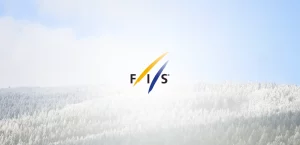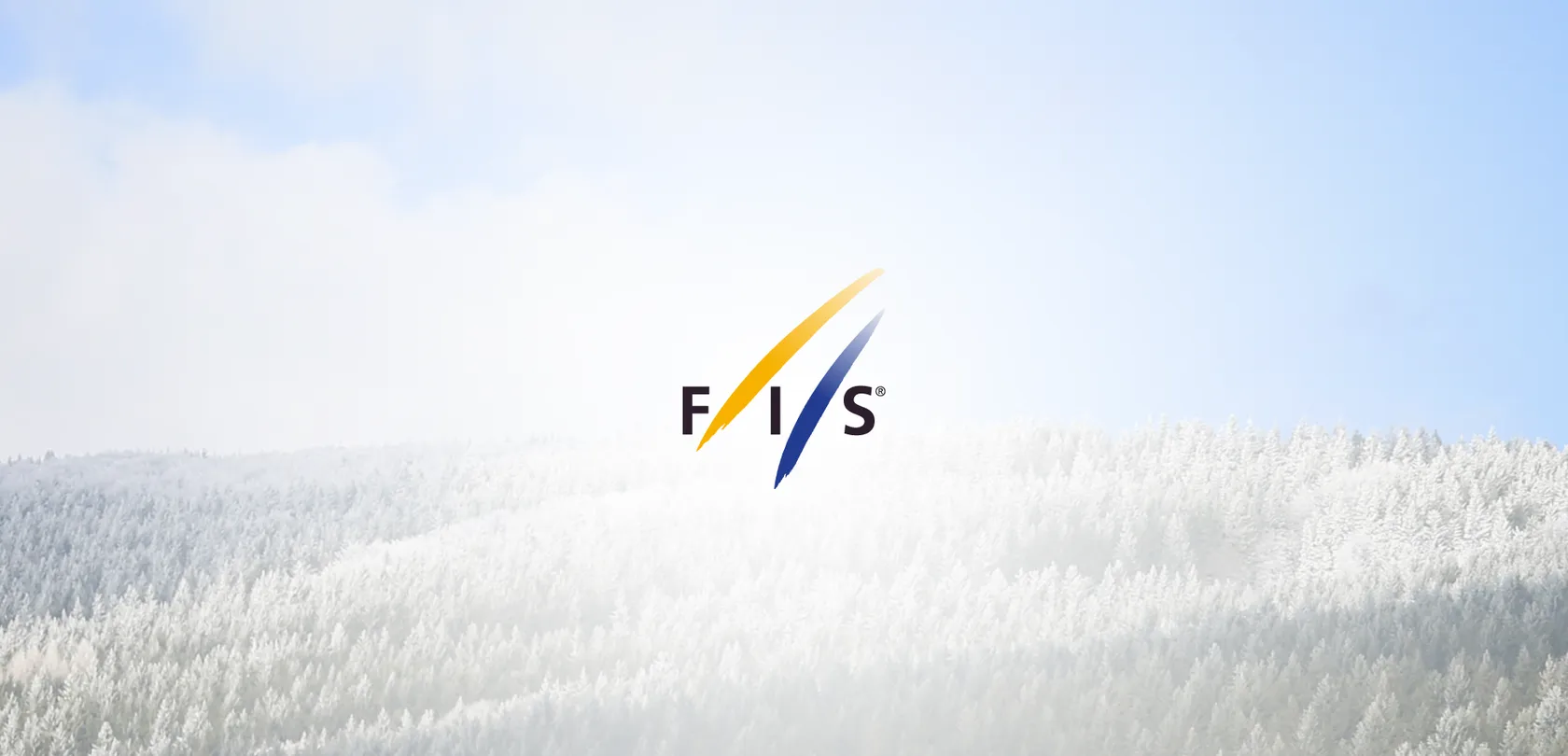The recent FIS Committee Meetings took place in Zurich, Switzerland, from September 25 to 27, 2024. As part of their agenda, the final day was dedicated to the Alpine World Cup subcommittee, where members engaged in in-depth discussions about strategies and proposals for the forthcoming seasons.
One of the most thrilling announcements was the unveiling of the 2024-2025 FIS Ski World Cup Calendars. This upcoming season is set to be particularly noteworthy, highlighted by the Alpine Skiing World Championships in Saalbach, which will run from February 4 to 16, 2025. Additionally, the beloved Levi, known for its women’s events, will be returning to the men’s schedule with a much-anticipated slalom race, promising an exciting start to the season. Following Levi, the scenic resort of Gurgl in Austria will feature both men’s and women’s events during the same weekend.

In North America, Beaver Creek, traditionally known for its men’s races, will welcome women’s speed events this year, including one downhill and one Super-G. Meanwhile, La Thuile in Italy will also reappear on the women’s calendar, hosting a weekend dedicated to speed events. On the men’s side, Crans-Montana in Switzerland is set to hold a complete weekend of speed races, serving as a significant test event in preparation for the 2027 World Championships. Adding to the excitement, the men will make a new stop in Hafjell, Norway, immediately after the typical speed weekend in Kvitfjell.
The season will culminate with the 2024-2025 World Cup Finals, which will be held for the very first time in Sun Valley, USA. This iconic American ski destination is poised to host top-tier athletes as they vie for the last points of the season in a prestigious finale.
In addition to calendar highlights, the meetings included informative presentations from organizers regarding the upcoming World Cup Finals, the next World Championships in Saalbach, and the 2026 Milano Cortina Winter Olympics. Discussions spanned a wide range of topics, including logistical challenges, infrastructure needs, and course designs. Each organizing committee offered valuable insights into their preparations, addressing potential hurdles related to transportation, accommodation, and athlete services. Technical aspects of competition venues were also meticulously reviewed, focusing on course layouts and the challenges they will present to the world’s elite athletes. The summer inspections played a crucial role in refining these elements, ensuring better planning and execution.
Attendees were also given a sneak peek at the calendars for the next two years, which provided an early glance at key dates and events. This forward-thinking approach ensures that all involved parties are well-prepared for the upcoming seasons. Notably, it was confirmed that the Dutch federation’s application for a wildcard for Marcel Hirscher, submitted over the summer, has been approved, allowing him to participate in the opening competition of the season in Soelden.

